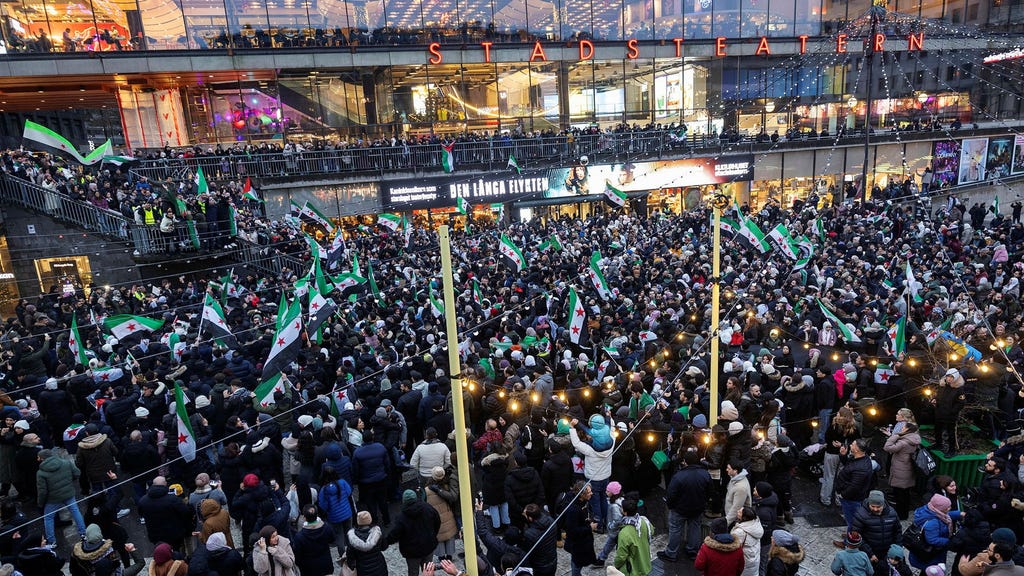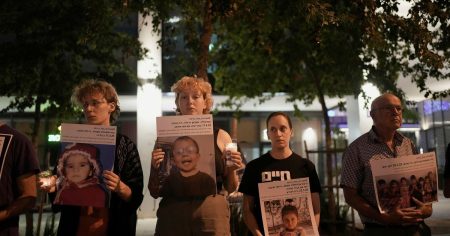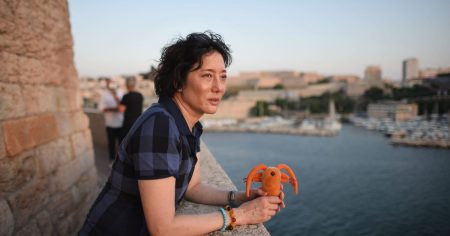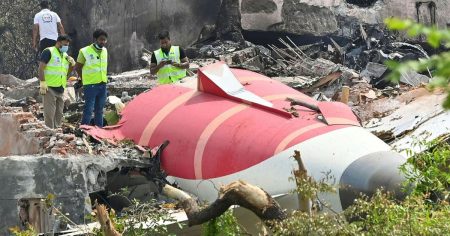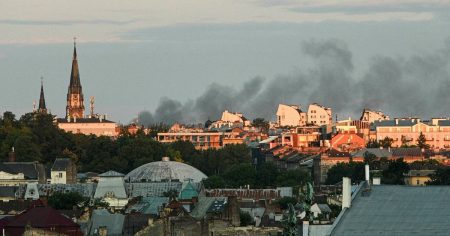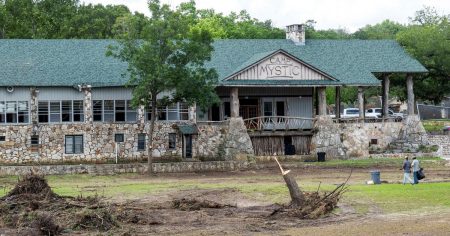The current political landscape in Syria is marked by a transitional government heavily influenced by Islamist factions, leaving the nation’s future shrouded in uncertainty. Despite this ambiguity, the government’s message to the millions of Syrians who sought refuge abroad during the protracted conflict is a resounding call to return, promising stability, development, and a society free from fear. This appeal resonates not only with Syrians who celebrated the regime’s fall, but also with several European Union nations eager to see refugees return to their homeland. The EU, almost immediately after the dust settled in Damascus, expressed optimism, believing that most Syrian refugees yearn to return after a decade of displacement. However, the reality of repatriation is far more complex than these simplistic pronouncements suggest.
Even if peace and prosperity were guaranteed – a highly uncertain prospect given Syria’s fragile state – many Syrians are unlikely to return permanently. While nostalgia for family, friends, and familiar streets may draw some back for visits, the passage of over a decade of war has irrevocably altered lives. Refugees who sought safety in countries like Sweden, for instance, have not merely paused their lives, waiting for the opportunity to resume their former existence as if nothing transpired. Instead, they have actively built new lives, establishing careers, raising families, and forging futures in their adopted countries. As a new father with Syrian roots poignantly expressed, life has moved forward in exile. Another refugee, while acknowledging his longing for aspects of his homeland, declared his newfound love for his life in Sweden. These deeply personal and practical ties developed over a decade complicate the narrative of easy return, demonstrating that for many, ”home” is no longer Syria, and restarting their lives yet again is neither feasible nor desirable.
The process of integration in host countries further underscores the impracticality of expecting swift returns. When granted asylum, refugees don’t simply wait in limbo, poised to board the first flight back at the slightest hint of stability. Instead, they embark on a journey of integration, learning the local language, pursuing education, entering the workforce, and building social networks. They create families, join communities, and become integral parts of their new societies. This integration, beneficial to both the individual and the host nation, progresses over time, deepening roots and further solidifying their place in their new home. The notion that these individuals can be uprooted once again, as suggested by some within the EU, demonstrates a profound lack of understanding of the complex process of rebuilding a life after displacement. Life doesn’t simply pause or rewind; it moves forward, creating new experiences, relationships, and realities.
The presumption that refugees are merely temporary guests waiting for a signal to return undermines the very essence of asylum. Instead of fostering a sense of impermanence, host nations should prioritize granting permanent residency to those seeking refuge. This provides stability, encourages integration, and allows individuals to fully contribute to their new communities without the constant fear of being sent back to a precarious situation. The alternative – a precarious temporary status – hinders long-term planning, limits investment in education and career development, and creates a climate of uncertainty that impedes both individual progress and societal integration. The EU’s hasty calls for return, while seemingly driven by a desire to resolve the refugee crisis, fail to consider the human cost of such policies.
The desire for a quick fix to complex geopolitical situations often results in overlooking the individual lives impacted by displacement. Refugees are not mere statistics or pawns in political games; they are individuals with aspirations, dreams, and the right to build stable, fulfilling lives. Policies that prioritize swift returns over long-term integration not only fail to address the root causes of displacement but also disregard the human cost of uprooting individuals who have painstakingly rebuilt their lives. The focus should shift from temporary solutions to creating pathways for permanent integration, empowering refugees to become contributing members of their new societies. This involves providing resources for language acquisition, education, job training, and access to housing and healthcare, fostering a sense of belonging and allowing them to thrive rather than merely survive.
The experiences of Syrian refugees demonstrate that integrating into a new society is not a passive process, but an active journey of rebuilding, learning, and adapting. It requires resilience, determination, and a willingness to embrace new opportunities. While the longing for their homeland may remain, many refugees have found new homes and built new lives in the countries that offered them sanctuary. The international community, particularly the EU, must recognize the complexity of their situation and refrain from simplistic solutions that prioritize expediency over the well-being and future of those who have sought refuge within their borders. The call to return should not be a mandate, but a choice made freely by individuals based on their individual circumstances and assessment of the situation in their homeland. Until then, the focus should be on supporting their integration and empowering them to build fulfilling lives in their new homes.





